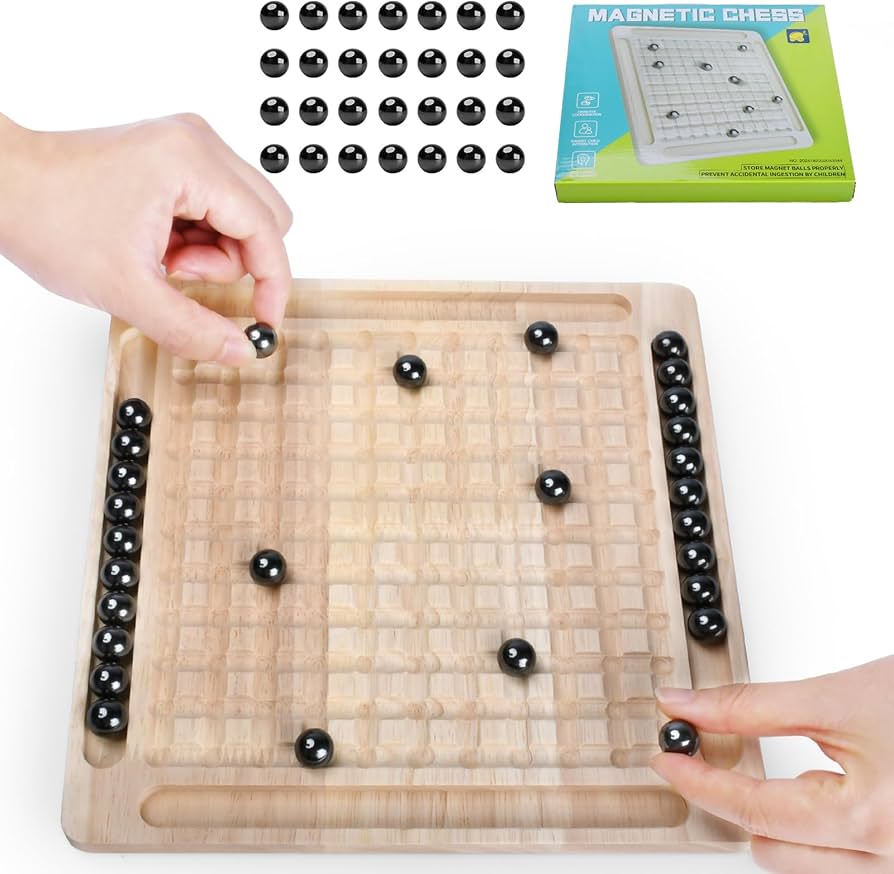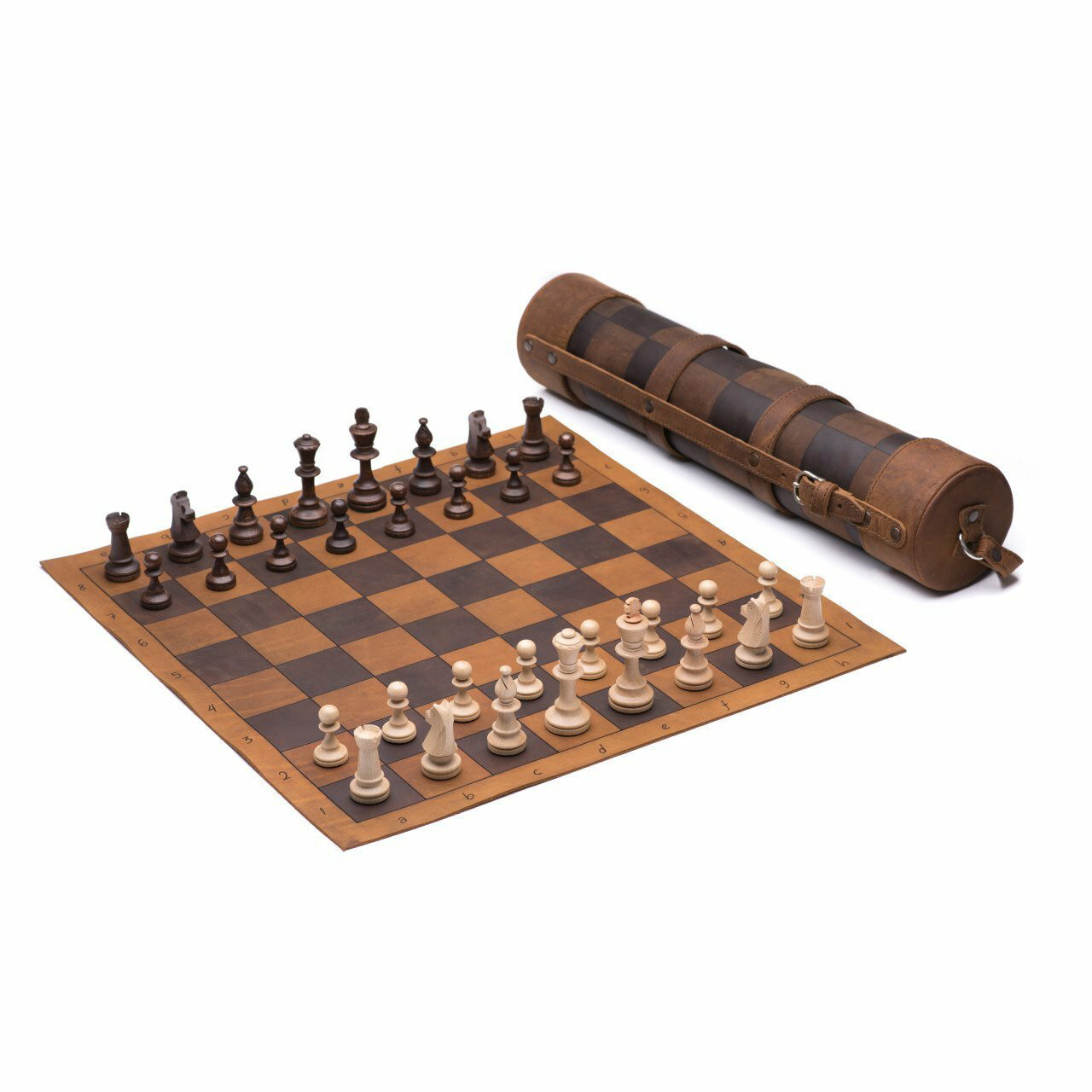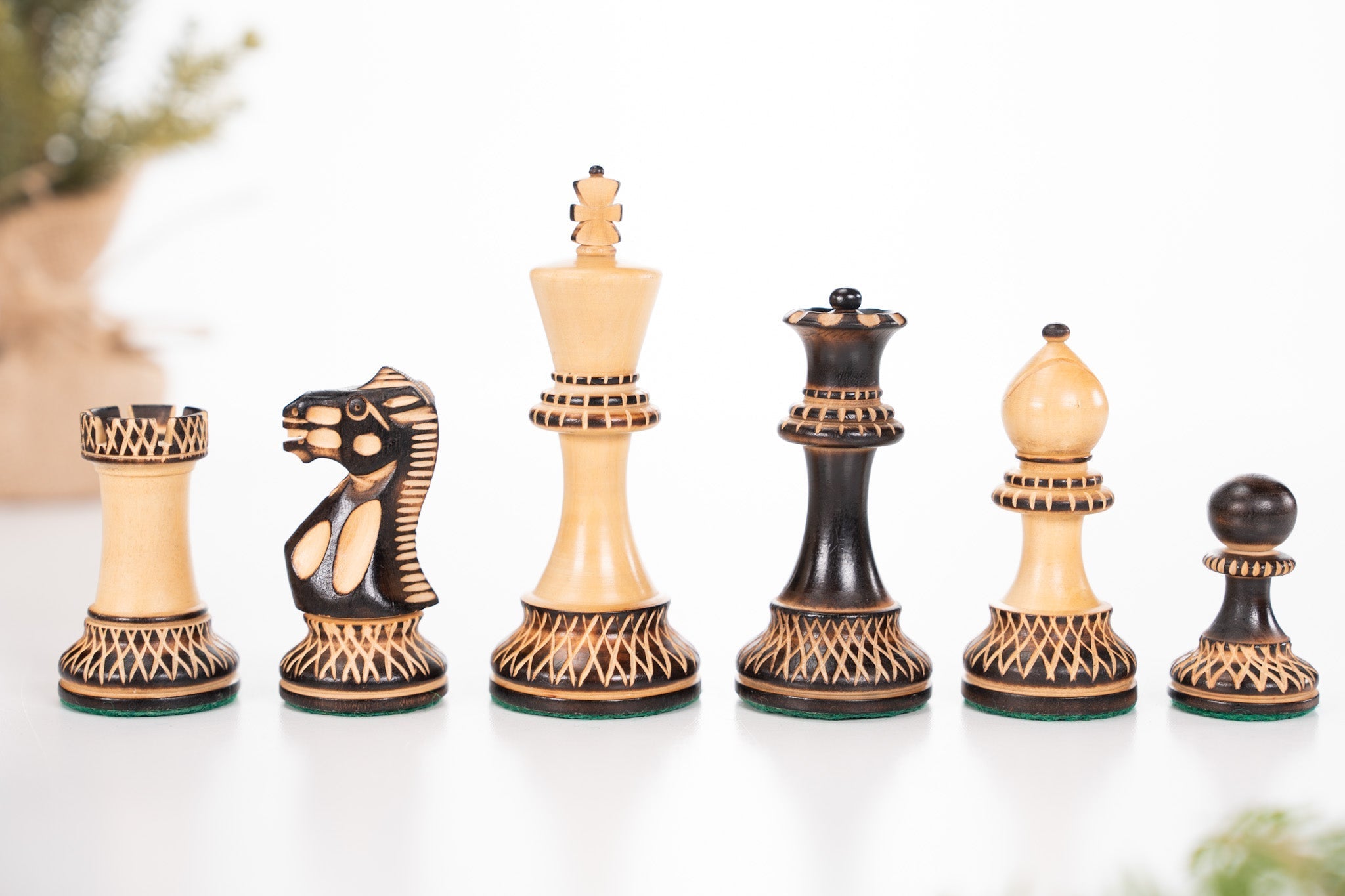Maintaining and repairing your chess clock is essential for smooth gameplay. A well-functioning clock ensures fairness and keeps the game exciting.
Chess clocks, like any device, need care to perform well. Over time, dust, wear, or minor damages can affect their accuracy. Regular maintenance can prevent these issues. Simple steps can help you keep your clock in top shape. Basic repairs are also easy to handle with the right guidance.
Understanding how to fix common problems saves you from unnecessary costs. A well-kept chess clock means uninterrupted, fair matches. In this guide, we will explore practical tips and steps to maintain and repair your chess clock efficiently. Your chess sessions will be better with a reliable clock by your side.
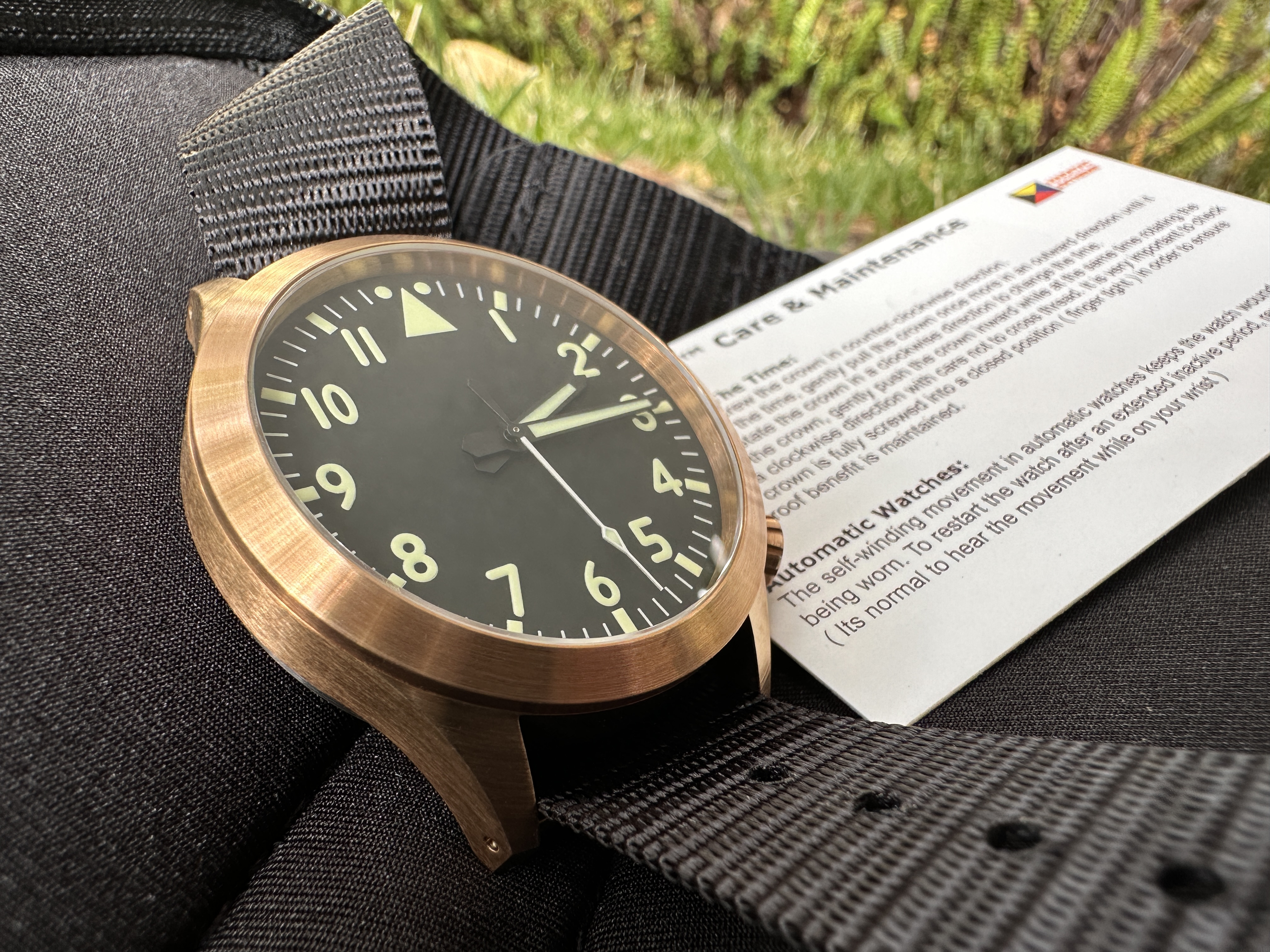
Credit: countycomm.com
Choosing The Right Chess Clock
Choosing the right chess clock is essential for every chess player. A good chess clock ensures fair play and keeps the game on track. The right clock can make a big difference in your gaming experience. Let’s explore the types of chess clocks and the features to look for in a good one.
Types Of Chess Clocks
There are different types of chess clocks to choose from. The main types include analog and digital clocks.
Analog clocks are traditional and have a classic look. They have two dials and a flag for each player. These clocks are easy to use and require no special skills.
Digital clocks offer more features and flexibility. They display time digitally and often come with additional settings. These settings include increment and delay options. Digital clocks are accurate and easy to read.
Features To Look For
When choosing a chess clock, consider important features. The most important feature is the timer. Ensure the clock has a clear and easy-to-read timer.
Durability is another key feature. A good chess clock should be sturdy and long-lasting. Look for clocks made from strong materials that can withstand regular use.
Portability is also important. A lightweight and compact clock is easy to carry around. Consider a clock that is easy to set up and use, whether at home or in tournaments.
Lastly, look for additional features. These can include sound settings, battery life, and backlighting. Extra features can enhance your playing experience.
Choose the right chess clock to enjoy a smooth and fair game every time.
Basic Maintenance Tips
Maintaining and repairing your chess clock can extend its life. Regular maintenance ensures that it works smoothly during your intense games. This section will provide basic maintenance tips to keep your clock in top shape.
Cleaning Your Chess Clock
Keeping your chess clock clean is essential. Dust and dirt can affect its performance. Follow these steps for effective cleaning:
- Turn off your clock and remove the batteries.
- Use a soft, dry cloth to wipe the surface.
- For tough spots, slightly dampen the cloth with water. Avoid using chemicals.
- Gently clean the buttons and screen. Be careful not to scratch them.
- Let your clock dry completely before inserting the batteries.
Battery Replacement
Replacing the batteries periodically ensures your clock works well. Here’s how to do it:
- Locate the battery compartment, usually at the back.
- Open the compartment using a small screwdriver.
- Remove the old batteries and dispose of them properly.
- Insert new batteries, ensuring the correct polarity.
- Close the compartment and turn on the clock to check if it works.
By following these basic maintenance tips, you can keep your chess clock in excellent condition. Regular cleaning and timely battery replacement are crucial for its longevity.
Troubleshooting Common Issues
Chess clocks can sometimes act up. It’s important to know how to fix common problems. Below, we’ll look at two frequent issues: stuck buttons and display problems.
Stuck Buttons
Stuck buttons are a common issue with chess clocks. They can make the game frustrating. Here are steps to fix this problem:
- Inspect the Button: Check if anything is blocking it. Dust or debris can cause buttons to stick.
- Clean the Button: Use a soft cloth. Gently clean the button area.
- Use Compressed Air: Blow air around the button. This can remove dust.
- Disassemble if Necessary: If the button is still stuck, you might need to open the clock. Be careful and follow the manual.
Display Problems
Display issues can interrupt your game. Here are some common display problems and their fixes:
| Problem | Solution |
|---|---|
| Blank Screen | Check the batteries. Replace if needed. Ensure they are properly inserted. |
| Flickering Display | Inspect the battery contacts. Clean them gently. They might be dirty or corroded. |
| Incorrect Time | Reset the clock. Refer to the manual for instructions. Ensure you set the time correctly. |
Regular maintenance helps avoid these issues. Keep your chess clock clean and check the batteries often. This will ensure your clock works well during games.
Advanced Repairs
Maintaining and repairing your chess clock can extend its life and ensure accurate timekeeping. Some repairs are simple, but others require advanced skills. This section covers advanced repairs. These tasks may involve replacing internal components or fixing mechanical issues. Read on to learn more.
Replacing Internal Components
Sometimes, internal parts wear out or break. Replacing these components can restore your clock. First, identify the faulty part. Common parts include gears, springs, and circuit boards. You might need a small screwdriver to open the clock. Carefully remove the damaged part. Note its position and connections. This will help you install the new component correctly.
Next, get a replacement part. Make sure it matches the original. Some parts are universal. Others are specific to your clock model. Install the new part, following the reverse steps of removal. Reassemble the clock and test it. Ensure it works smoothly before closing it completely.
Fixing Mechanical Issues
Mechanical issues can affect your clock’s performance. They may cause inaccurate timekeeping or stop the clock entirely. Start by inspecting the clock’s mechanism. Look for dirt, debris, or worn-out parts. Clean the mechanism with a soft brush or compressed air. This can remove any obstructions.
If cleaning does not fix the issue, check for misaligned parts. Realign any gears or springs that look out of place. You may need to lubricate moving parts. Use a small amount of clock oil. Apply it carefully to avoid over-lubrication. Over-lubrication can attract dirt and cause more issues.
After fixing mechanical issues, reassemble the clock. Test it to ensure it runs correctly. Regular maintenance can prevent many mechanical problems.
Proper Storage Techniques
Keeping your chess clock in top condition requires proper storage techniques. In this section, we will explore the best practices to ensure your clock remains functional and accurate. By following these methods, you can extend the life of your chess clock significantly.
Avoiding Extreme Temperatures
Chess clocks are sensitive to temperature changes. Avoid exposing your clock to extreme heat or cold. High temperatures can damage the internal components. Cold temperatures can cause condensation, which may lead to rust.
Store your chess clock in a room with a stable temperature. Ensure the storage area is well-ventilated. Avoid placing the clock near radiators, heaters, or air conditioning vents. This will help maintain the clock’s accuracy and longevity.
Preventing Dust And Moisture
Dust and moisture are enemies of your chess clock. They can affect its accuracy and functionality. To prevent dust, store your clock in a closed container or a drawer. Use a soft cloth to clean the clock regularly.
Moisture can lead to rust and mold. Store your clock in a dry place. Avoid placing it in humid areas like bathrooms or basements. Using silica gel packets can help absorb excess moisture. This simple step can keep your clock in excellent condition.
In summary, proper storage techniques are essential for maintaining your chess clock. Avoid extreme temperatures and prevent dust and moisture. These practices will ensure your clock remains accurate and functional for years to come.

Credit: www.chessgammon.co.uk
When To Seek Professional Help
Consult a professional if your chess clock stops working or shows inconsistent timing. Expert help can prevent further damage and ensure accurate repairs.
Maintaining and repairing your chess clock is essential for its longevity. Sometimes, you may face issues that are too complex. In these cases, seeking professional help is wise. Let’s explore when and how to get expert assistance.Identifying Complex Problems
Some problems are easy to fix. Others are not. You may need a professional if you notice the following:- Inconsistent timing: If your clock shows different times for each side.
- Stuck buttons: Buttons that do not respond or get stuck frequently.
- Battery issues: The clock does not work even with new batteries.
- Internal noise: Strange sounds coming from inside the clock.
Finding A Qualified Repair Service
Finding the right repair service is crucial. Follow these steps to find a qualified professional:- Research online: Look for repair services with good reviews.
- Check credentials: Ensure they have experience with chess clocks.
- Ask for quotes: Get an estimate before agreeing to any repairs.
- Warranty: Choose a service that offers a warranty on their work.
| Service | Experience | Cost | Warranty |
|---|---|---|---|
| Service A | 5 years | $$ | 1 year |
| Service B | 10 years | $$$ | 6 months |
| Service C | 3 years | $ | None |
Extending The Life Of Your Clock
Keeping your chess clock in top condition is essential. Regular maintenance and timely repairs can significantly extend its life. By following a few simple steps, you can ensure your clock remains accurate and reliable. Below, we explore key methods to help you maintain and repair your chess clock effectively.
Regular Check-ups
Regular check-ups are crucial for the longevity of your chess clock. These inspections help identify potential issues early. Here’s a simple checklist for your regular check-ups:
- Battery check: Ensure the batteries are fresh and properly installed.
- Button functionality: Press each button to confirm it responds correctly.
- Display clarity: Check the display for any signs of fading or distortion.
- Timing accuracy: Test the clock’s timing functions to ensure precision.
Inspect your clock every month. This habit can prevent minor issues from becoming major problems.
Upgrading Parts
Upgrading parts can enhance the performance and durability of your chess clock. Here are some parts that may need upgrading:
- Batteries: Consider using high-quality, long-lasting batteries.
- Buttons: Replace worn-out buttons with new, more responsive ones.
- Display: Upgrade to a clearer, more readable display if necessary.
- Casing: If the clock’s casing is damaged, consider replacing it to protect internal components.
Using high-quality replacement parts can extend the life of your clock. Ensure compatibility with your specific clock model before purchasing.
By maintaining and upgrading your chess clock, you ensure it serves you well for many games to come.
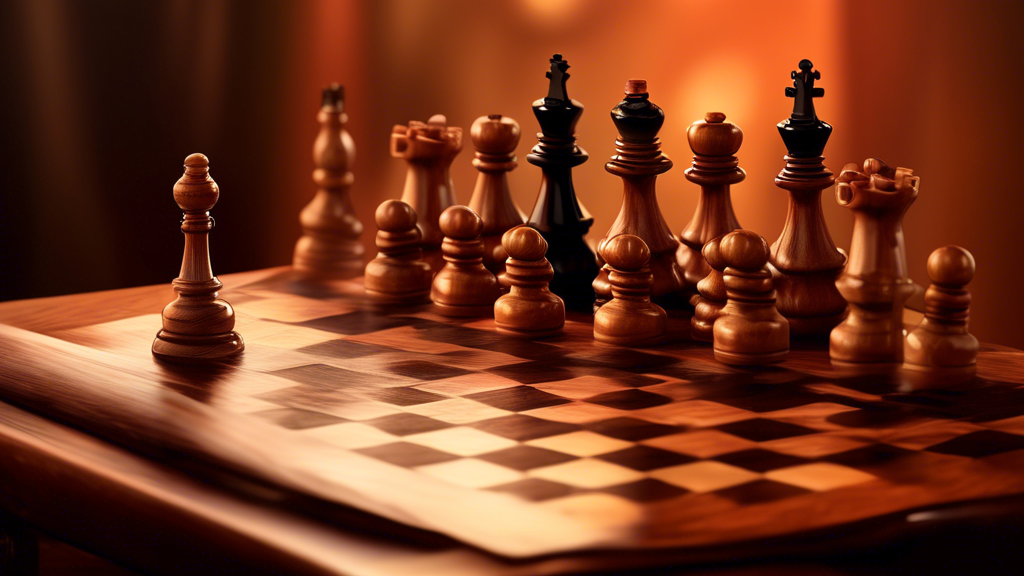
Credit: mychessets.com
Diy Repair Tools
Maintaining and repairing your chess clock can be a fulfilling DIY project. You can save money and extend the life of your clock with the right tools. Knowing what tools you need and how to use them is essential.
Essential Tools
To start, gather a set of essential tools. These tools will help you open, clean, and repair your chess clock.
- Screwdrivers: A set of small screwdrivers, both flathead and Phillips, is crucial. They help you open the clock casing.
- Needle-nose pliers: These are perfect for handling small parts inside the clock.
- Magnifying glass: This tool helps you see tiny components clearly.
- Soft brush: Use a soft brush to remove dust and dirt from the inner parts.
- Electrical contact cleaner: This spray helps clean electrical contacts without damaging them.
- Replacement parts: Have a set of springs, gears, and other small parts handy.
Useful Resources
There are many resources available to help you repair your chess clock. Books, websites, and forums offer valuable information.
- Instruction Manuals: Always refer to the manual that came with your clock. It provides specific instructions for maintenance and repair.
- Online Forums: Join online forums where enthusiasts share tips and solutions. You can ask questions and get advice from experienced users.
- Video Tutorials: Many websites and YouTube channels offer step-by-step repair tutorials. Watching someone else do it makes the process easier.
- Specialized Books: Some books focus specifically on clock repair. They offer detailed guidance and troubleshooting tips.
By using these tools and resources, you can keep your chess clock in top condition. Regular maintenance and timely repairs ensure that your clock serves you for years.
Conclusion
Maintaining your chess clock is simple with regular checks and care. Clean it often to avoid dust buildup. Replace batteries as needed. Fix minor issues early to prevent bigger problems. Follow the manual for specific instructions. Repairing your clock ensures accurate timing for every game.
With these tips, your chess clock will last longer. Enjoy your chess games with confidence. Happy playing!

